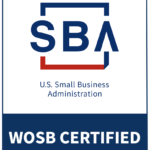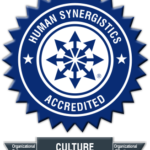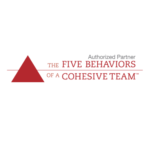Senior leaders are pointing to culture as key to future success, but they are having trouble defining it. In a recent study, 86 percent of global business leaders say organizational culture is an urgent business issue, yet only 14 percent said they knew what the “right culture” really is.
Defining Company Culture
Defining company culture is a top priority because it’s critical to organizational success. Culture can be defined as a shared set of assumptions, beliefs, behaviors and values that support a unique work environment. Culture describes an organization from within, “glues” all its members together and creates an environment where people can thrive. Culture affects the way people interact with each other including customers. Potential customers make decisions to do business based on how they feel about a company’s culture. Potential employees make decisions on whether to join and stay based on a company’s culture.
Culture is Simply the Way Things Really Get Done When Nobody’s Looking
Every company has a culture, whether or not it has been formally defined. The example of an iceberg provides a good analogy for corporate culture.
The portion of the iceberg we can see (above the water) is the way we SAY we get things done and includes more formal items such as vision, strategy, goals, policies and procedures. What is invisible or not easily seen are the things below the water. These explain how we REALLY get things done. This includes perceptions, tradition, values, unwritten rules, and generally the feelings and emotions of its people. In an effective corporate culture, there is no difference above and below the water. In an ineffective culture, there are differences between what you say you do and what you actually do.
Culture Must Align with Business Strategy
There is no such thing as a “good” or “bad” culture, just an effective or ineffective one. And effectiveness is especially dependent on how well the culture aligns with the business strategy. Often a company’s legacy culture has been successful – causing leadership to pay little attention to whether or not it is positioning them for continued success. Just as strategy is reviewed and refreshed every few years, culture must be reviewed at the same time as part of the strategic process. This means that in addition to determining an organization’s strategy, business model and brand, leaders must determine the kind of culture needed to continue to drive future success.
Leaders must answer these questions
- Is there a gap between the way we say we get work done and the way we actually get work done within our team, our department and/or our company?
- Will our current culture lead us to future success?
Key Takeaway
Culture is the only real point of difference for any organization. Anyone can copy an organization’s strategy but no one can copy their culture.
If you would like to explore how you and your leadership team can design an effective culture that creates value, growth and opportunity, send us a note…and Let’s Talk!

































